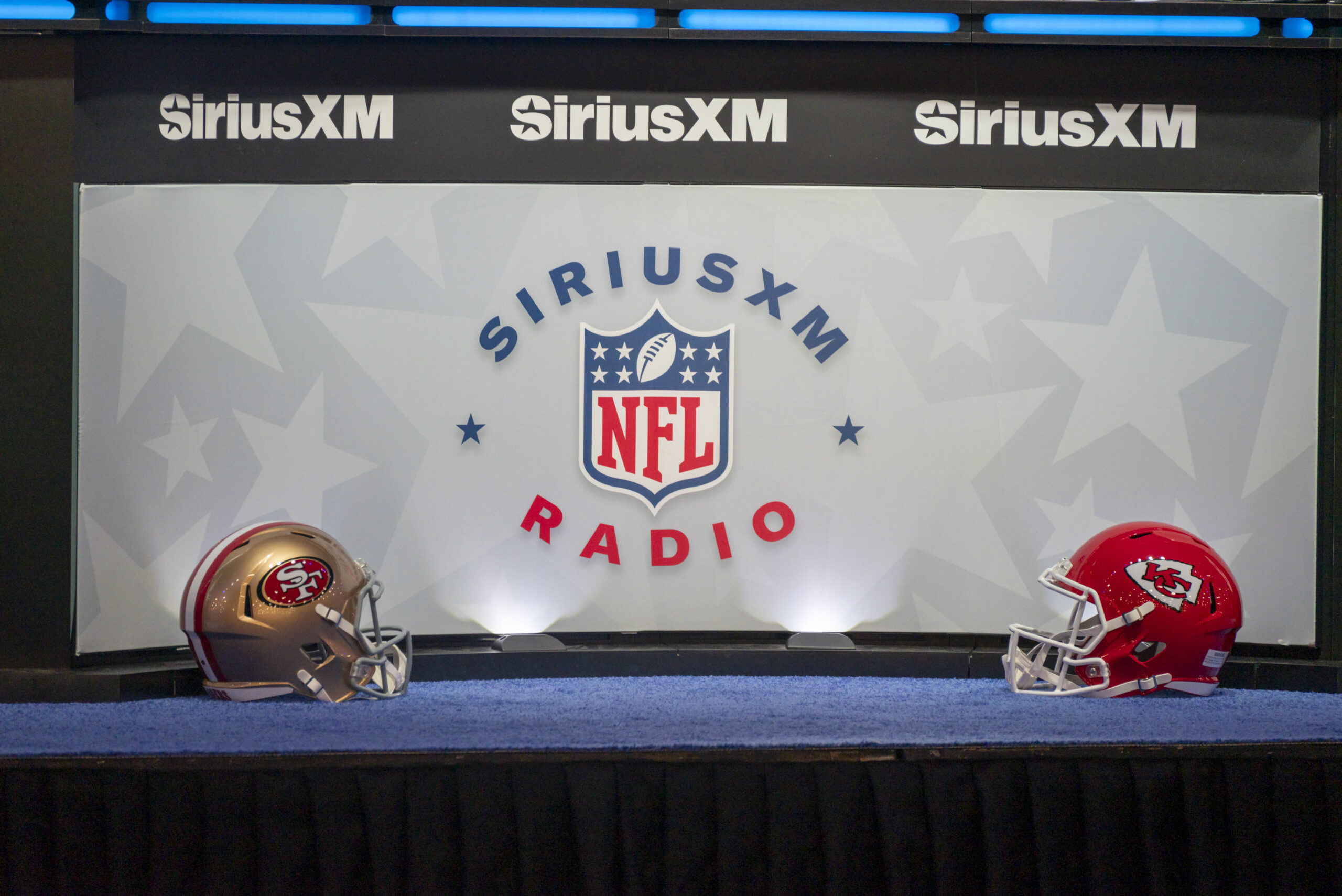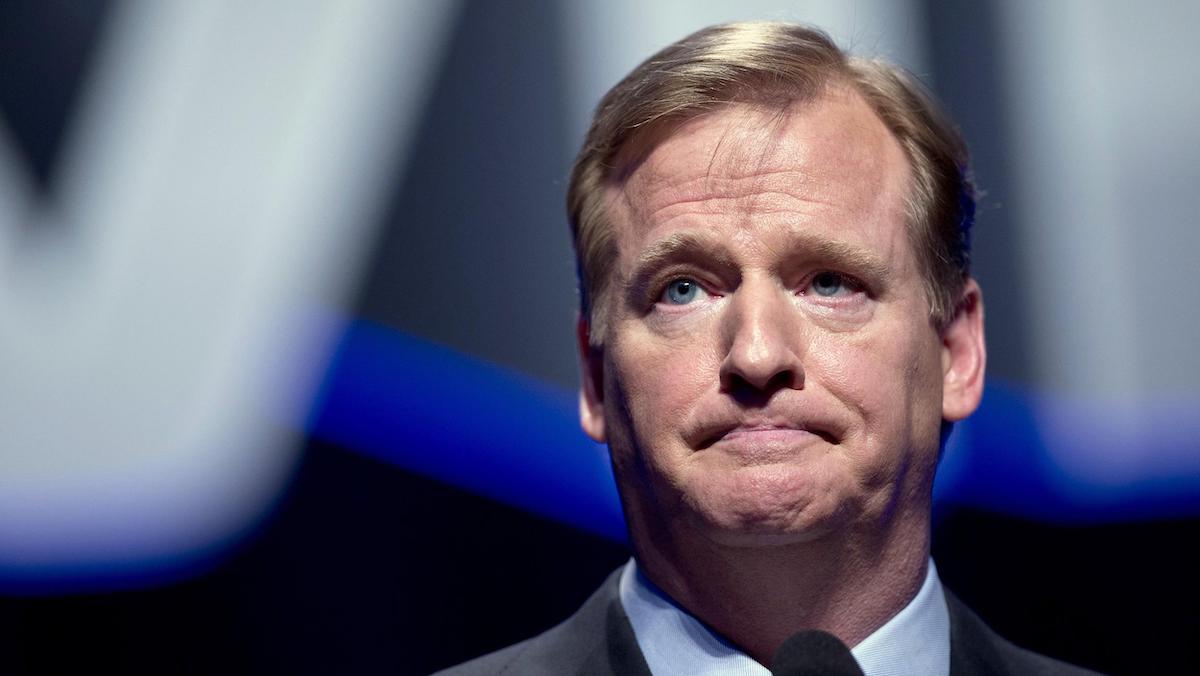When Steve Cohen stepped aside as the senior vice president of sports programming at SiriusXM, he was able to consider the accomplishments that he and his team garnered during his tenure with the outlet. Cohen helped launch a preponderance of sports content at SiriusXM, spearheading the creation of dedicated channels to appeal to different consumers and sectors of the industry. SiriusXM continues to offer a variety of sports talk programming in addition to live game broadcasts of marquee matchups across a variety of different leagues.
Barrett Sports Media will honor Cohen with the Jeff Smulyan Award at the 2024 BSM Summit in New York City, presented to an executive within sports radio who has made significant contributions to the format. Tickets are on sale for the premier sports media conference, a two-day event taking place on Wednesday, March 13 and Thursday, March 14. Cohen recently participated in an extended interview from Media Row in Las Vegas, Nev. to reflect on his time at SiriusXM, provide his thoughts on the future of the industry and convey his appreciation and gratitude for the forthcoming industry accolade.
What does it mean for you to receive the Jeff Smulyan Award at the 2024 BSM Summit?
“It’s an amazing honor for me because Jeff signed my first full-time radio check, and he created the concept of sports talk radio [and] I was right there, ground floor [and] ready to help build out his vision. And so to think 37 years later that I’m getting an award named after Jeff, a visionary, for a concept he came up with that has been a huge part of my life is rewarding. It’s an amazing honor that absolutely humbles me because we do these things — our goal as content creators is just to create content that people are going to love; to feed into their passions and to draw in the audience that will support our programming to keep us on the air, and so this is just an amazing honor for me that is still hard for me to fully embrace, but I’m sure on March 14 it’ll become a lot easier.
“In programming, when you give your people skin in the game to offer up ideas and concepts, whether I approve of them or disapprove of them, they’re not afraid to come to me with these ideas because I may have ideas that aren’t very good that they’ll be like, ‘Well Steve, I don’t know if that’s going to work for this audience or that audience,’ and it’s like, ‘Okay.’ I think collaboration makes us all better…. What makes me most proud of my accomplishments is the programming ideas that I’ve come up with; that I’ve collaborated with my people about that have come to fruition because of all of our team efforts. When I accept this award, in my heart I’m not accepting this as an individual. I’m accepting this for all the people who worked so hard alongside me; worked with me — not for me, with me — to come up with the ideas that we’re so proud of that we take so much pride in.”
From working at SiriusXM over many years, what is it like listening the subscription-based satellite radio outlet today?
“I think it would have been weird going back into my old office to visit the guy who took over for me if that guy’s name wasn’t Eric Spitz. And so now, I’m so happy for Eric, but I go in that office with a big smile on my face with my feet kicked up looking at my friend Eric and saying, ‘It’s all yours now, baby,’ and with that, I can exhale. When you work 37 years full time at this and then you finally take that step back, you get to smell the roses a bit, but you also get to take pride in what you’ve accomplished while also continuing to collaborate with the team on things that you hear because now when I hear things I have more time to listen intently to them and offer thoughts and ideas and constructive criticism. When you’re in the fast-paced world of daily sports talk programming, sometimes you miss that and/or you don’t have the time to be as thoughtful about things as you’d like.
“We’ve been doing live sports talk radio now for 37 years, and with that you become a bit scarred by the fact that everything that you do is about the here and now, and the immediacy of it all to stay on top of everything; to report on everything; to advance stories as they come up. And then I take a step back and think about doing some things that are very thoughtful that I can massage over time and it’s a hard adjustment to not react immediately to things because in sports talk radio, what we do today is outdated by tomorrow. But things that we worked on — winning sports podcast series of the year for 9/11 in sports 20 years later — that’s when we were able to take the time [with] very meaningful things and put a lot into it and do it the right way.”
Throughout your tenure, what do you feel made SiriusXM different from other audio outlets?
“We went deep on so many sports that the majority of sports talk radio stations around the country couldn’t do. They couldn’t dedicate that time to the various sports like NASCAR, the NHL, the NBA, the PGA TOUR, wrestling; so many things that only we could do because you really have to play the hits, especially in terrestrial radio, and those hits are decided on the market that you’re in. You really need to please the market you’re in; you can’t lose sight of that.”
When you look back, what is the one channel that you are most proud of among SiriusXM’s sports offerings?
“I think building the NFL channel was first and foremost because it was my first opportunity to put my stamp on something; to take the philosophy I had [and] put it to work in the form of a radio station. I was really proud of building out the NASCAR platform with the help of people like Daniel Norwood because I grew up a NASCAR fan…. Then I went on to produce NFL games for 13 years at stadiums, so I wasn’t watching NASCAR races anymore. When NASCAR came to SiriusXM — they came to Sirius; at the time they were with XM — and Brian France said, ‘We like the NFL channel that you’ve built so much. We want you to take our NASCAR channel — we want to bring NASCAR to Sirius, and we want you to build out the NASCAR channel in a similar fashion.’
“Well, it’s a little different. You can’t build it out the same way, so we went to races; we talked to the people who were part of the fabric of NASCAR, and we built it out accordingly because you couldn’t have hosts that weren’t at the races and stuff. They needed to be there, and so the fact that we became in the NASCAR world going from a small fish in a big bowl to one of their most trusted partners if not the most trusted partner because when the TV channels like Speed went away, we were the only 24/7 place to have NASCAR, and I’m very proud of that. Working with the people of NASCAR top to bottom has been an absolute pleasure — from the drivers to the pit crew people to the owners to the executives at NASCAR — so I’m really proud of that one.”
What was the challenge in balancing funds for play-by-play rights and sports talk programming?
“When you’re spending so much money on play-by-play rights, how much can you really spend on sports talk? Nothing beats the play-by-play — that’s the most important thing that we can bring is the games; the races [and] the matches live — so I’m not disappointed with the sports talk budgets I’ve been given because it’s really easy to basically go to the people you want to hire and say, ‘Look, will you do this for this amount of money?’ I’m not saying we were cheap in any aspect, but again as a fiscally-responsible company, how much can you spend on talk, especially if you’re going to build out more than a dozen sports talk platforms?”

How essential is it for SiriusXM to have a presence at Media Row alongside other media companies?
“I’m very grateful to SiriusXM for providing us the budget to do things the right way. Whether it’s coming out to Radio Row at the Super Bowl; whether it’s giving us remote budget to be at every major sporting event in this country, covering it the way you should cover it and meeting the expectation of both listeners and subscribers. I’m really grateful for that, and I think from our first Super Bowl in Jacksonville, we’ve proved to management that if you spend the money on these remotes, we’re going to deliver programming that’s absolutely unmatched in our industry, and they’ve supported us.
“With the NFL — whether it’s the Combine; whether it’s the Draft; whether it’s the Senior Bowl [or] the owner’s meetings; all these things, we’re getting content nobody else is getting. When you pay for radio, you’ve got to get your money’s worth, right? It was a free medium. Look, it’s no different than television. You want more than your 10 free channels; 11 free channels? Well, you’ve got to subscribe to cable. You want movies? Then you’ve got Netflix and all those things, but I think what I’m most proud of is from a sports standpoint, we absolutely exceeded expectations and delivered on the value [proposition] that subscribers expect.”
How has the style of sports talk programming changed over the years in the format as a whole?
“At SiriusXM with all these league [partnerships], we have to be critical yet fair in our criticisms. That’s what we told all our league partners. We can’t be pom-pom waivers for you. Yes, we’re fans of your sport; that’s why we have a channel, but we have to be critical yet we’ll be fair in our criticisms, so that philosophy has really worked because if fans are upset, they pick up the phone [and] they want to talk to people about what they’re upset about. We’re not there to poo-poo their feelings, right? We’re there to listen to what they say and offer thoughts and opinions about what they’re saying to us, and again, that’s sports talk, right? We don’t have to agree, but when we do disagree, let’s do it respectfully.”
With the BSM Summit nearly one month away, what are you looking forward to in attending the two-day sports media conference?
“This will be the first time I can actually stay for a bit and not have to run back to our Sixth Avenue offices. That’s what the SiriusXM job had become — there’s no time in the day. Early on when we were building on NFL Radio, Nick Pavlatos was our program director, and we had to literally pull ourselves away from the studio to go get lunch; to refresh; to resharpen the blade so to speak, and then come back and work. The amount of content we created at SiriusXM is just amazing, and it hasn’t been until this year that I can kind of look back at all the accomplishments that we’ve had in creating dozens of sports talk radio channels and with that, during the most difficult parts of our lives, coming up with new concepts to keep the audience. What happened when the games stopped playing because of COVID? Well, those were some of the most rewarding times for us as programmers because we collaborated and came up with concepts that really worked, and it wasn’t as difficult as you might think because a lot of it was based on common sense.
“We’re all living the same life now, so what can we do to take our listeners and make them understand that we’re all in this together now and to band together and talk about our challenges; our struggles; our triumphs. And so that was very meaningful for us to be able to accomplish those things and create programs that we won awards for and were very, very well received.”
Derek Futterman is an associate editor and sports media reporter for Barrett Media. Additionally, he has worked in a broad array of roles in multimedia production – including on live game broadcasts and audiovisual platforms – and in digital content development and management. He previously interned for Paramount within Showtime Networks, wrote for the Long Island Herald and served as lead sports producer at NY2C. To get in touch, email Derek@BarrettMedia.com or find him on X @derekfutterman.






